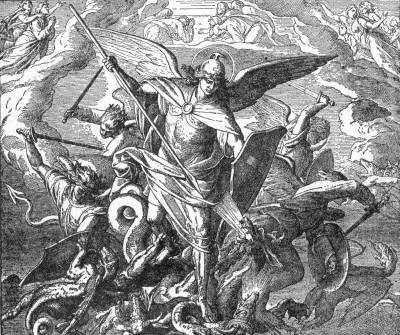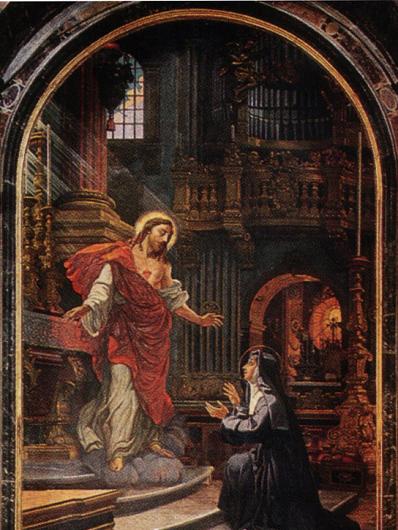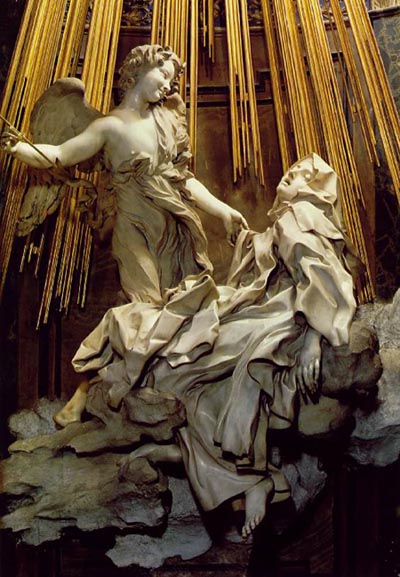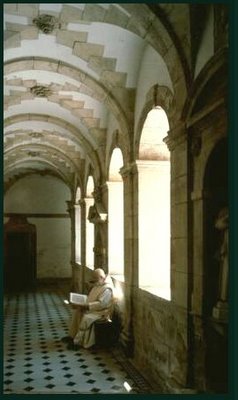"Following today's general audience, the Holy Father announced the names of 23 prelates who will be created cardinals in a consistory due to be held on November 24, the eve of the Feast of Christ the King. The consistory will be the second of his pontificate.
"Following the November 24 consistory, the College of Cardinals will number 202 members of whom 121, under the age of 80, will be electors.
"Given below is a list of the new cardinal electors:
- Archbishop Leonardo Sandri, prefect of the Congregation for the Oriental Churches.
- Archbishop John Patrick Foley, pro-grand master of the Equestrian Order of the Knights of the Holy Sepulchre of Jerusalem. (ed - born in the U.S.A.)
- Archbishop Giovanni Lajolo, president of the Pontifical Commission for Vatican City State and of the Governorate of Vatican City State.
- Archbishop Paul Josef Cordes, president of the Pontifical Council "Cor Unum."
- Archbishop Angelo Comastri, archpriest of the papal basilica of St.Peter's in the Vatican, vicar general of His Holiness for Vatican City and president of the Fabric of St. Peter's.
- Archbishop Stanislaw Rylko, president of the Pontifical Council for the Laity.
- Archbishop Raffaele Farina S.D.B., archivist and librarian of Holy Roman Church.
- Archbishop Agustin Garcia-Gasco Vicente of Valencia, Spain.
- Archbishop Sean Baptist Brady of Armagh, Ireland.
- Archbishop Lluis Martinez Sistach of Barcelona, Spain.
- Archbishop Andre Vingt-Trois of Paris, France.
- Archbishop Angelo Bagnasco of Genoa, Italy.
- Archbishop Theodore-Adrien Sarr of Dakar, Senegal.
- Archbishop Oswald Gracias of Bombay, India.
- Archbishop Francisco Robles Ortega of Monterrey, Mexico.
- Archbishop Daniel N. DiNardo of Galveston-Houston, U.S.A.
- Archbishop Odilio Pedro Scherer of Sao Paulo, Brazil.
- Archbishop John Njue of Nairobi, Kenya.
"Having pronounced the names of the new cardinal electors, the Pope then indicated that he had also decided to elevate to the dignity of cardinal 'three venerable prelates and two worthy priests,' all over the age of 80 and hence non-electors, for their 'commitment and service to the Church.' Their names are:
- His Beatitude Emmanuel III Delly, patriarch of Babylon of the Chaldeans, Iraq.
- Archbishop Giovanni Coppa, apostolic nuncio.
- Archbishop Estanislao Esteban Karlic, emeritus of Parana, Argentina.
- Fr. Urbano Navarrete S.J., former rector of the Pontifical Gregorian University.
- Fr. Umberto Betti O.F.M., former rector of the Pontifical Lateran University.
The Holy Father "added: 'Among these, I had also intended to confer the dignity of cardinal upon the elderly Bishop Ignacy Jez of Koszalin-Kolobrzeg, Poland, a worthy prelate who died suddenly yesterday. We offer a prayer for the repose of his soul.'
"'The new cardinals come from various parts of the world,' said the Holy Father. 'And the universality of the Church, with the multiplicity of her
ministries, is clearly reflected in them. Alongside deserving prelates who work for the Holy See are pastors who dedicate their energies to direct contact with the faithful.'
"He went on: 'There are other persons, very dear to me who, for their dedication to the service of the Church, well deserve promotion to the dignity of cardinal. In the future I hope to have the opportunity to express, also in this way, my esteem and affection to them and to their countries of origin.'
Pope "Benedict entrusted the future cardinals 'to the protection of Mary Most Holy asking her to help each of them in their new tasks, that they may know
how to bear courageous witness in all circumstances to their love for Christ and for the Church.'"
Source: Vatican Information Service
 Saint Michael the Archangel
Saint Michael the Archangel A Penitent Blogger
A Penitent Blogger


 "The sacred heart of Christ is an inexhaustible fountain and its sole desire is to pour itself out into the hearts of the humble so as to free them and prepare them to lead lives according to his good pleasure.
"The sacred heart of Christ is an inexhaustible fountain and its sole desire is to pour itself out into the hearts of the humble so as to free them and prepare them to lead lives according to his good pleasure.

 Separation from the world
Separation from the world
 Obedience
Obedience Faith
Faith
